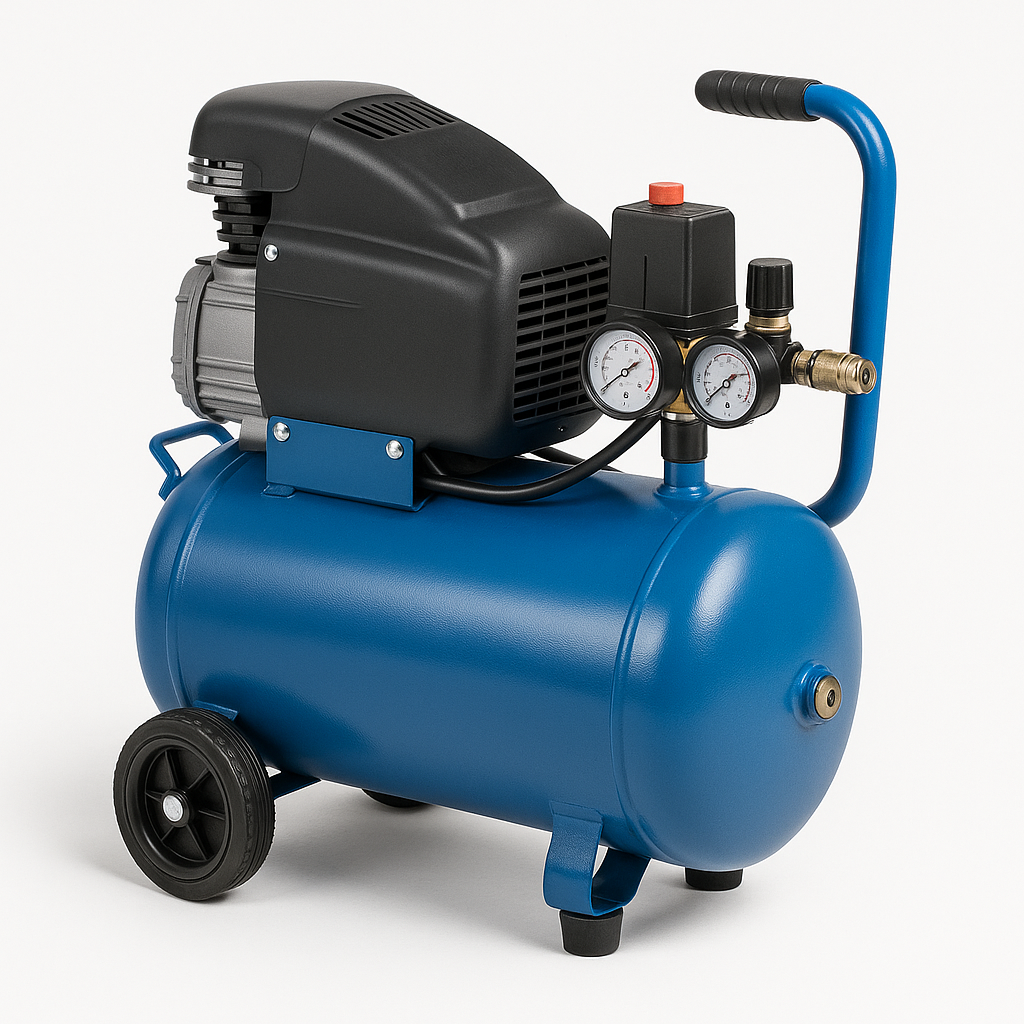The Best Tips You'll Ever Receive About Buy A Belt Sander
페이지 정보
작성자 Stacy 작성일25-10-30 09:04 조회2회 댓글0건관련링크
본문
The Ultimate Guide to Buying a Belt Sander
Belt sanders are flexible power tools that can smooth big surfaces rapidly and efficiently. Whether you are a professional woodworker or a DIY enthusiast, an excellent belt sander can make your jobs simpler. Nevertheless, with many options available in the market, picking the ideal belt sander can be frustrating. This guide will explore whatever you require to understand Druckluft Kompressor 10 Bar about buying a belt sander, consisting of types, functions to think about, and a comparison table of some popular designs.
Types of Belt Sanders
Before diving into the specifics of purchasing a belt sander, it's important to understand the various types offered:
| Type | Description | Common Use Case |
|---|---|---|
| Stationary Belt Sander | Repaired to a workbench or stand, designed for larger tasks. | Ideal for forming and ending up bigger pieces. |
| Portable Belt Sander | Light-weight and handheld; versatile for various woodworking jobs. | Outstanding for sanding edges and corners, ideal for DIY jobs. |
Benefits and Disadvantages
When choosing between these 2 types, it's crucial to consider their pros and cons:
| Type | Advantages | Drawbacks |
|---|---|---|
| Stationary Belt Sander | Strong develop; offers consistent and precise sanding; great for larger jobs. | Requires devoted area; usually more pricey. |
| Portable Belt Sander | Light-weight and simple to maneuver; ideal for diverse tasks; typically less pricey. | Less steady for large pieces; can be more difficult to control for newbies. |
Secret Features to Consider
When buying a belt sander, a number of features need to be considered to guarantee you get the finest tool for your needs:
1. Power
The power of the motor, usually measured in amps, Schleifmaschine Testsieger can substantially influence the efficiency of a belt sander. Look for a sander with at least 6-7 amps for general home usage.
2. Belt Size
The width and length of the sanding belt can affect both the speed and the benefit of your work procedure. Typical sizes consist of 3x18, 4x24, and 4x36 inches. Bigger belts cover more area however may be less maneuverable.
3. Belt Speed
Belt speed is generally measured in feet per minute (FPM). Higher speeds can remove product rapidly however may require more ability to use efficiently without harming the surface. A variable speed option is an excellent option for flexibility.
4. Dust Collection
Efficient dust collection is essential, specifically if you're working inside. Examine if the belt sander has an integrated dust port, which can be linked to a vacuum system, making cleanup simpler.
5. Ergonomics
A comfortable grip and workable weight add to extended use without fatigue. Look for features such as adjustable deals with or soft-grip locations.
6. Belt Changing Mechanism
A user friendly belt changing mechanism conserves time and disappointment. Some models consist of lever systems that enable quick modifications.
7. Brand Reputation and Warranty
Consider well-known brand names that have a track record for quality and reliability. A great guarantee can be a substantial safety internet and is frequently an indication of positive manufacturing.
Comparison Table of Popular Belt Sanders
Here is a table comparing a few of the well-reviewed belt sanders available in the market:

| Model | Power (Amps) | Belt Size | Speed (FPM) | Dust Collection | Price Range |
|---|---|---|---|---|---|
| Makita 9403 | 11 | 4" x 24" | 1,640 | Yes, dust bag | ₤ 180 - ₤ 240 |
| Bosch 1274DVS | 7 | 3" x 21" | 800 - 1,500 | Yes, dust chute | ₤ 120 - ₤ 180 |
| DEWALT DWE6411K | 12 | 1-1/4" x 30" | 1,650 | Yes, dust bag | ₤ 100 - ₤ 150 |
| Porter-Cable 362V | 8 | 3" x 18" | 850 - 1,000 | Yes, dust port | ₤ 90 - ₤ 120 |
| Black & & Decker DS321 | 6 | 3" x 21" | 1,000 | Yes, dust bag | ₤ 70 - ₤ 90 |
Keep in mind: Prices might differ based upon merchants and places. Constantly look for the current info.
FAQs
1. What is the most essential factor when purchasing a belt sander?
The most crucial aspect often depends on your particular needs, but power and belt size are vital for many woodworking projects.
2. Can a belt sander be used for finishing?
Yes, a belt sander can be utilized for ending up, however it is important to change to a finer grit sandpaper for the last touches to prevent scratches.
3. How do I maintain my belt sander?
Routine upkeep consists of cleaning the sander after each usage, checking the belt for wear and Leiser Kompressor Schleifmaschine Für Holz Kaufen Die Werkstatt 100l 10 Bar (http://www.mindepoch.com:9092/kompressor-100l-Kaufen4789) tear, and ensuring the dust collection system is tidy and functional.
4. Is it safe to utilize a belt sander?
When utilized correctly with protective gear (gloves, safety glasses, dust mask), a belt sander is a safe tool. Always follow the user handbook and security standards while running.
5. Can a belt sander be used on other materials besides wood?
Some belt sanders can be utilized on softer metals and plastics. Nevertheless, for materials like metal, a different type of sander might be more efficient.
Buying a belt sander is a substantial financial investment that can dramatically improve your woodworking tasks. By understanding the kinds of belt sanders available, the key functions, and comparing designs, you can pick a tool that best satisfies your needs. Constantly think about how frequently you'll use the tool and for what types of tasks to ensure you select carefully. With the right belt sander, you'll be well-equipped to handle any project with confidence and ability. Delighted sanding!
댓글목록
등록된 댓글이 없습니다.
